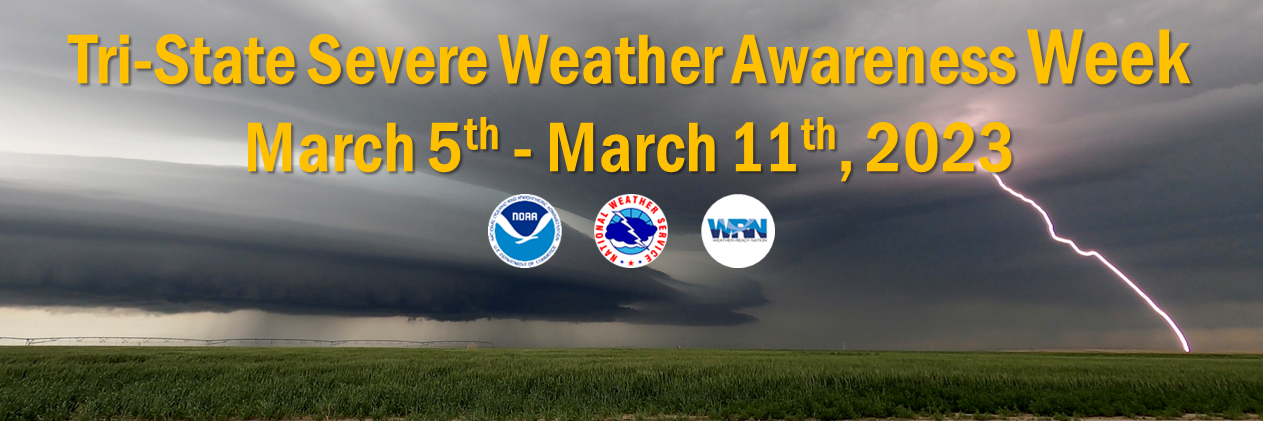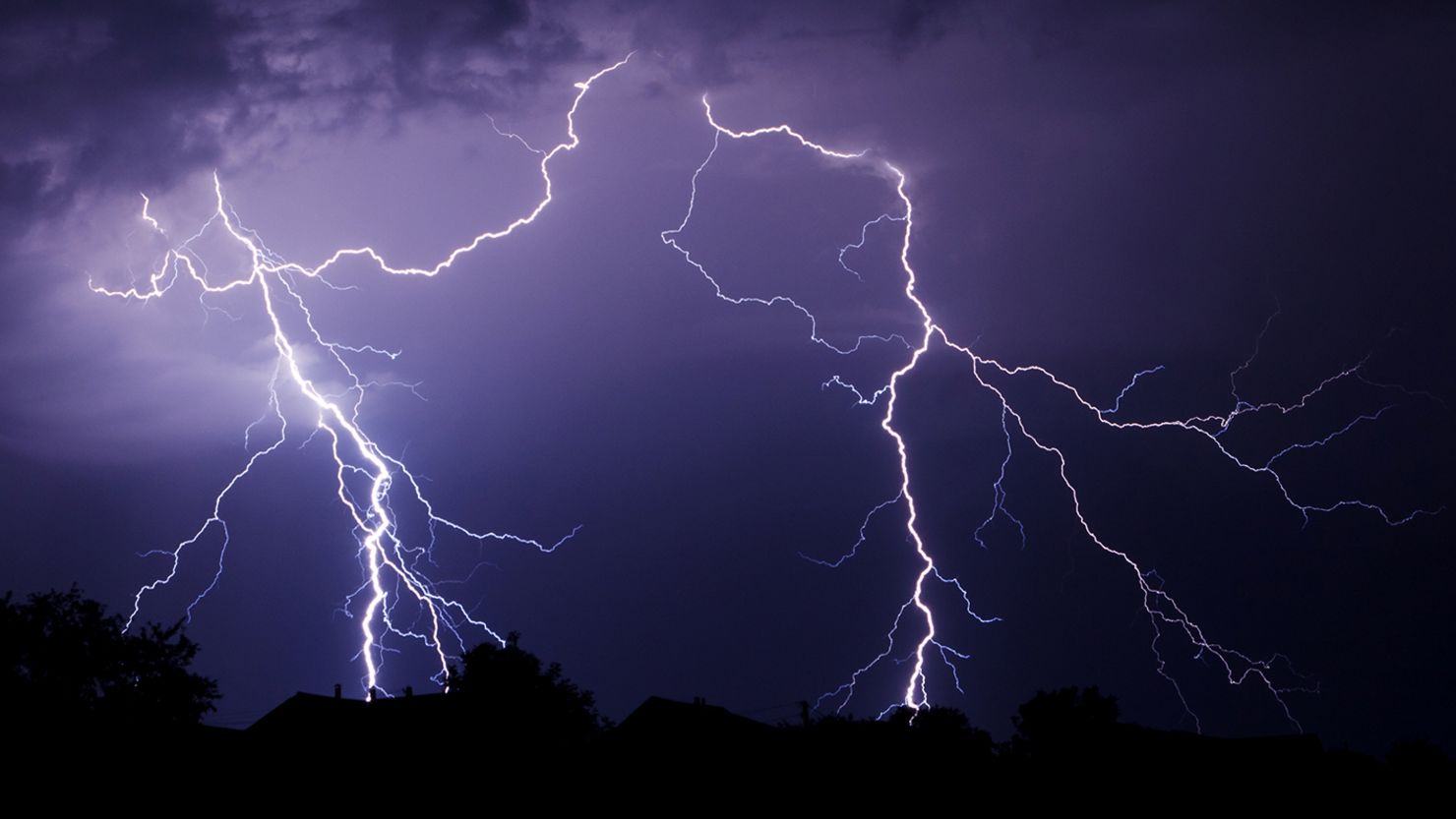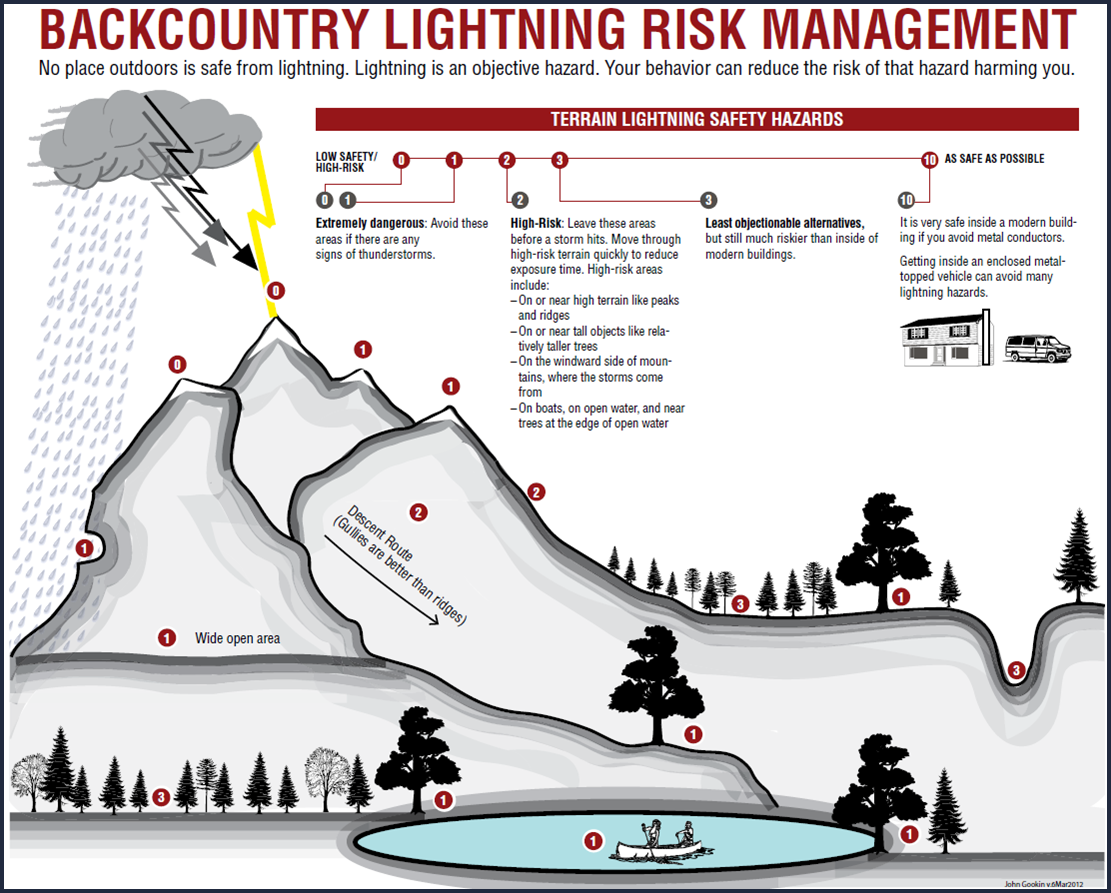Will a Tent Shield You? A tent will not save your life if struck by lightning. Tents offer no protection from lightning strikes.
When outdoors, seeking shelter in a sturdy building or vehicle is essential during a thunderstorm. Avoid setting up your tent near tall trees or using metal tent stakes, as they can attract lightning and conduct electricity. While a tent may provide some protection from rain and wind, it does not safeguard against lightning.
Understanding the risks that may exist is essential. Lightning and take appropriate precautions when camping or hiking. Understanding the limitations of a tent during a thunderstorm can help ensure your safety in outdoor activities.
Will a Tent Shield You?
As far as safety from lightning strikes is concerned. Lightning strikes, and knowing if your tent can offer protection is crucial. Let’s dive into the topic to find out whether a tent can shield you from lightning or not.
Tents Offer No Protection From Lightning
Research has shown that tents provide very little to no protection from lightning strikes. In fact, staying in a tent during a thunderstorm does not offer a safe place. Unlike a car, the tent does not act as a faradic cage and cannot carry the electricity from its surface into the ground, making it a risky choice during a lightning storm.
Comparison To A Car’s Faradic Cage
A tent cannot work as a faradic cage compared to a car. A car’s faradic cage is designed to carry the electric charge from its surface to the ground, providing a safe shelter from lightning strikes. In contrast, if a lightning bolt were to hit a tent, the energy would be unevenly discharged through the tent’s frame into the soil, which poses a serious risk to anybody in its tent.

Credit: www.weather.gov
Factors To Consider For Lightning Safe Camping
When camping, it’s crucial to consider safety, especially in the event of lightning. Understanding the right precautions can ultimately save lives. There are several factors to consider for a lightning-safe camping experience, all of which can significantly reduce the risk of lightning-related accidents and ensure a safer outdoor adventure.
Avoid Setting Up Tent Near Tall Trees
When setting up your campsite, it’s essential to steer clear of tall trees. Tall trees are prime targets for lightning strikes and can pose a significant risk to campers. Therefore, avoid setting up your tent near tall trees to minimize the possibility of a lightning strike.
Avoid Using Metal Tent Stakes
Additionally, when securing your tent, avoiding metal tent stakes is crucial. Metal stakes can conduct electricity and increase the chance of a lightning strike affecting your tent. Opting for non-metal alternatives will help reduce the risk of exposure to lightning-related hazards.
Alternative Shelter Options During A Thunderstorm
When camping in a thunderstorm, finding a suitable enclosed shelter is crucial for your safety. Tents provide very little protection from a lightning strike. However, if you are unable to find a suitable shelter, there are still precautions you can take to minimize the risks. Let’s explore some alternative shelter options and safety precautions you should consider.
Find A Suitable Enclosed Shelter
You have two options if you cannot find a suitable enclosed shelter during a thunderstorm.
- Stay in your tent: If your tent is already pitched in a safe location, you can remain inside. However, make sure to place any metal objects a safe distance away from the tent to minimize the risk of attracting lightning.
- Look for natural shelter: If possible, try to find a more secure natural shelter. This can include caves, cliffs, or valleys, which can provide added protection against lightning strikes.
Safety Precautions In The Tent
While staying in a tent during a thunderstorm, it’s important to take additional safety precautions:
- Avoid metal objects: Keep all metal objects away from your tent, as they can increase the chances of attracting lightning.
- Stay away from wet items: Stay away from wet items, such as ropes or wet clothing, as they can conduct electricity.
- Stay away from water: Avoid any water sources, including puddles or streams, as water is a good conductor of electricity.
- Keep a safe distance: If you are camping with others, ensure everyone maintains a safe distance from each other to reduce the risk of multiple injuries in case of a lightning strike.
Understanding The Dangers Of Lightning Strikes In Tents
Tents provide little to no protection from lightning strikes, so it is not safe to assume that a tent will save your life if struck by lightning. It is important to stay away from water, wet items, and metal objects when lightning is present to minimize the risk of injury.
Lack Of Protection From Lightning
Although a tent provides shelter from the elements, it offers no protection from lightning strikes. Unlike a car, which acts as a Faraday cage, carrying the electricity from its surface into the ground, a tent lacks the necessary conductivity to dissipate the electrical charge safely.
When a lightning bolt hits a tent, the energy is discharged unevenly through the tent’s frame into the surrounding soil, posing a significant risk to anyone inside. This lack of protection makes it crucial to understand the dangers associated with lightning strikes in tents.
Misconceptions About Rubber Soles
While some might believe that wearing rubber-soled shoes inside a tent can help protect against lightning strikes, this is a common misconception. Rubber soles alone do not provide any substantial insulation against electrical charges.
Likewise, the idea that rubber soles can protect against lightning strikes is a dangerous myth. In reality, the best course of action during a lightning storm is to seek shelter in a safe building or vehicle, out of water, wet things, and metal objects such as fences and poles. These can increase the likelihood of a lightning strike.
Understanding the limitations of tents and debunking misconceptions is essential for ensuring safety during thunderstorms. When it comes to lightning strikes, it is always better to avoid caution and prioritize personal safety over any false sense of protection a tent might offer, as nothing can substitute for proper shelter during extreme weather conditions.
Survival Tips For Lightning Strikes While Camping
When camping, remember that The tent doesn’t offer protection from lightning. Stay away from water, wet, and metal objects during a storm. Look for a safe building or vehicle nearby to take cover. Avoid setting up your tent near tall trees and using metal tent stakes, as they can attract lightning.
Survival Tips for Lightning Strikes While Camping
What to do when caught in lightning
When you find yourself on a camping trip caught in a thunderstorm, knowing how to stay safe from lightning strikes is crucial. While tents can provide shelter from rain and wind, they offer no protection against lightning. Remember, lightning can still strike the ground even if the storm is a few miles away. So, what should you do if you find yourself in this situation?
Recognizing the signs of an approaching storm
Before discussing what to do when caught in a lightning storm, it’s essential to recognize the signs of an approaching storm. Doing so can make you better prepared and take necessary precautions to keep yourself safe. Here are some signs to watch out for:
– Darkening skies and gathering clouds
– Increasing wind speeds
– Thunder and lightning in the distance
– Drops in temperature
– Sudden changes in atmospheric pressure
If you observe any of these signs, it’s best to start acting to protect yourself from a potential lightning strike.
Ensuring your safety during a lightning storm
1. Seek shelter: The first line of defense is finding a safe place to wait out the storm. Look for a sturdy, enclosed building or a fully enclosed vehicle with a metal roof. These structures are designed to provide protection in the event of a lightning strike.
2. Avoid open spaces: If you can’t find a suitable shelter, avoid open spaces such as fields, hilltops, and bodies of water.
3. Stay away from metal objects: Metal objects, including fences, poles, and even tent poles, can attract lightning. Therefore, it’s crucial to stay away from them during a storm. If you’re inside a tent, move away from the tent poles and any metal objects within a safe distance.
4. Stay low and crouch: If you can’t find shelter and are stuck in an open area, assume a crouched position to minimize the surface area of your body exposed to lightning. Keep your feet together and lower your head to reduce the risk of injury.
5. Stay away from trees: While seeking shelter under a tree may seem comforting, it’s actually more dangerous. Trees are often struck by lightning, and being near one increases the risk of a strike. It’s best to avoid standing near tall trees in a storm.
Remember, prevention is the most important when it comes to protecting yourself. Lightning safety. It’s always better to be prepared and take necessary precautions to avoid a potentially life-threatening situation.

Credit: www.cnn.com

Credit: outdoors.stackexchange.com
Frequently Asked Questions Of Will A Tent Save Your Life If Struck By Lightning
Are You Safe From Lightning In A Tent?
No, tents do not provide protection from lightning. Avoid wet items and metal objects when a safe building or vehicle is nearby.
Can A Tent Survive A Thunderstorm?
Tents offer no protection from lightning during a thunderstorm. Avoid setting up near tall trees or using metal tent stakes, as they can attract lightning. If a safe building or vehicle is nearby, take cover there instead. Stay away from water, wet items, and metal objects.
How Do I Make My Tent Lightning Proof?
To make your tent lightning-proof, follow these tips: 1. Camp in a forested area or a valley. 2. Avoid setting up your tent near tall trees, as they attract lightning. 3. Do not use metal tent stakes, as they can conduct electricity.
4. Stay away from water, wet items, and metal objects like fences and poles. 5. Remember, a tent offers no protection from lightning.
Where Is The Safest Place To Be When It’s Lightning?
During lightning, the safest place is not inside a tent. Tents offer no protection from lightning strikes. Stay away from water, wet items, and metal objects like fences and poles. Find a safe building or vehicle nearby for your safety.
Conclusion
Tents may provide shelter from rain and wind, but they offer no protection when it comes to lightning strikes. Unlike cars, which act as a faradic cage, directing electricity into the ground, tents cannot prevent the uneven discharge of energy.
To stay safe during thunderstorms, it is crucial to avoid setting up tents near tall trees and using metal tent stakes. Ultimately, finding a suitable enclosed shelter is the best option to avoid the dangers of lightning strikes. Remember, tents and air mattresses provide zero protection in such situations, so caution should always be exercised.

